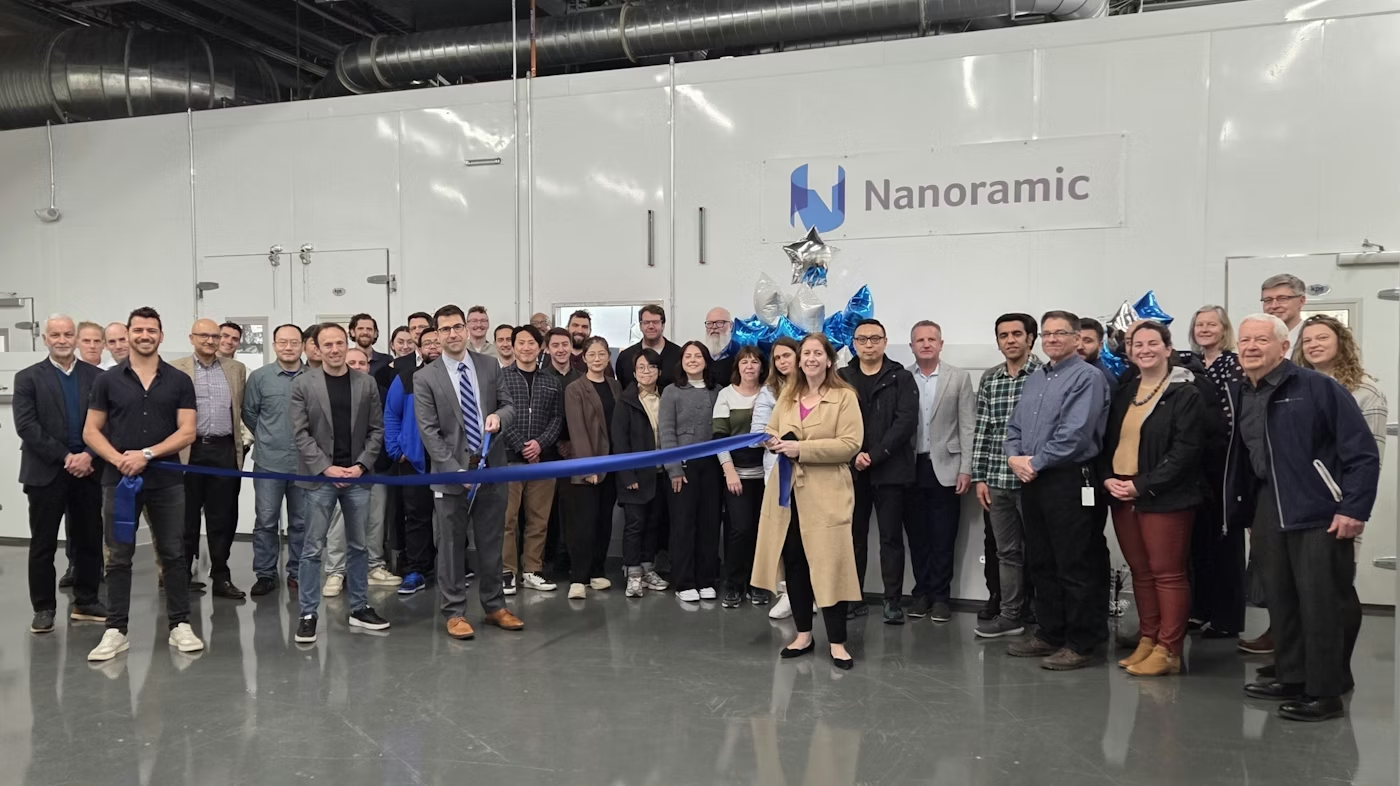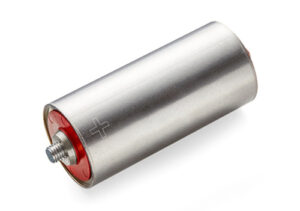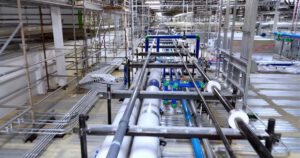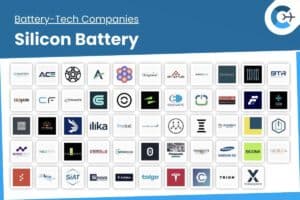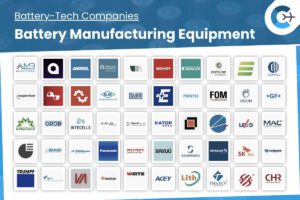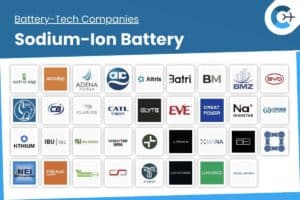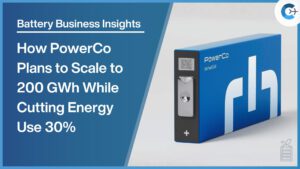Tesla has directed its major suppliers to phase out Chinese-made materials and components, seeking to replace all remaining parts sourced from China within the next one to two years. This strategy, driven by supply chain disruptions during the COVID-19 pandemic and recent U.S. tariffs on Chinese goods, is expected to benefit South Korean producers of silicon anode materials. Graphite, which underpins most current anode formulations, is one of the raw materials where China controls more than 80% of the global supply chain. As a result, graphite-based anodes remain heavily dependent on Chinese suppliers, who accounted for over 95% of the global market share from January to August of this year, according to SNE Research.
Anode materials play a critical role in secondary batteries, storing and releasing lithium ions during charging and discharging cycles and influencing both charging speed and battery longevity. South Korean battery makers are turning to silicon-based anodes as a next-generation alternative. Silicon anodes can deliver energy densities up to ten times higher than graphite-based materials, potentially improving electric vehicle driving range and reducing charge times. However, higher production costs and issues related to volume expansion during cycling have so far limited their use to premium and high-performance EV models.
Daejoo Electronic Materials, the largest domestic silicon anode supplier, is already collaborating with Tesla. Industry projections estimate the company’s revenues will rise 24% next year to 314 billion won, with operating profits up 74% to 40.2 billion won. To meet demand, Daejoo plans to double its silicon anode production capacity from 10,000 to 20,000 metric tons by next year.
Other South Korean firms are also ramping up silicon anode efforts. Hansol Chemical’s manufacturing facility in Iksan is set to begin full-scale production next year, while EcoPro has identified silicon anodes as one of its four flagship next-generation materials following high-nickel cathodes. SNE Research forecasts the global silicon anode market will grow from $2.1 billion in 2025 to $7 billion by 2035, with its share of the total anode materials market rising to 4% by 2030 and 6% by 2035. Demand is expected to expand beyond EVs into aviation and specialized industrial applications.
Source: BusinessKorea


